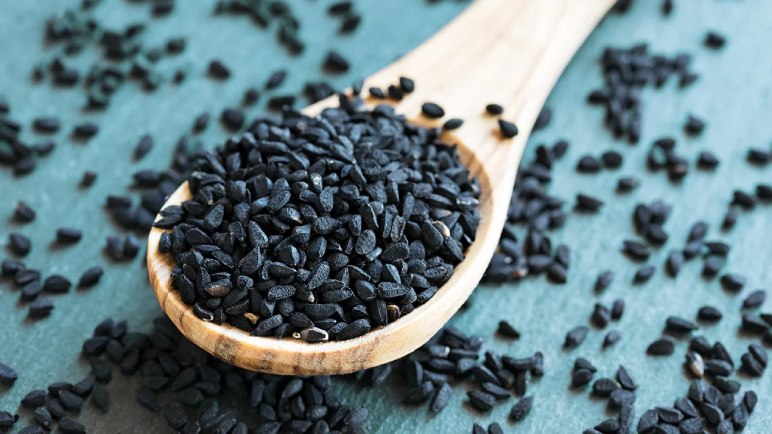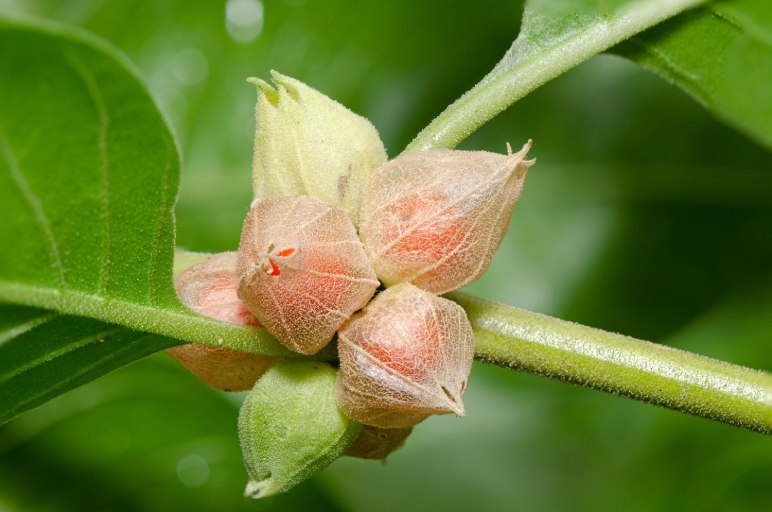According to WHO nearly 2 billion people do not have enough quantities of iodine in their bodies. It is a major factor in increasing thyroid gland disorders worldwide. Thyroid is more common in females and people of older age groups.
In Ayurvedic literature, this disease is called “Galaganda”, where ‘Gala’ means throat and ‘Ganda’ means a swelling or a lump. The thyroid gland is located at the throat chakra and is responsible for maintaining metabolic balance, hormone secretion, and overall physical processes. When the production of thyroid hormones is imbalanced it is said that a person has thyroid.
There are two types of thyroid disorders namely hypothyroidism and hyperthyroidism. When there is an excess production of thyroid hormones (an overactive thyroid gland), then it results in hyperthyroidism. On the other hand, if there is less production of these hormones (underactive thyroid gland), then it results in hypothyroidism. It is much more common than hyperthyroidism.
Both these disorders can affect the whole body (shareera). The hormones in the body follow a chain reaction which means an activity of one hormone affects the other. So, if any hormone gets disturbed (increases or decreases) then it causes an imbalance in the whole system. Usually, people (both males and females) with thyroid disorders are known to report other hormonal disturbances.
Ayurveda offers a treatment for thyroid disorders by balancing the doshas with the help of natural remedies. Therefore, Thyroid Ayurvedic treatment is the best way to stabilize the imbalance of hormones.
There are various herbal remedies in the Ayurvedic literature that can help in managing the thyroid with the help of herbs. So we have shared 7 Ayurvedic remedies for thyroid.
Black Cumin Seeds:

Black cumin seeds or kalonji are very good for the management of thyroid because they stimulate the gland for more production. It also reduces swelling and normalizes the neck size.
How to consume?
Make a powder of kalonji seeds using a grinder and consume only 1⁄2 teaspoon a day. Take it with lukewarm water on an empty stomach condition, preferably in the morning.
Ashwagandha:

Ashwagandha is a natural herb that has healing abilities like reducing swelling, balancing the hormones, and cleaning the blood. It increases thyroid hormone production and also relaxes the body.
How to consume?
It can be taken as a tablet or powder with lukewarm water or milk. Taking it at night before sleeping relaxes the body overnight.
Licorice:
It is anti-inflammatory and increases the energy levels in the body. It prevents the thyroid gland from oxidation and helps it in healthy functioning.
How to consume?
Licorice roots or their powder can be boiled in water and then consumed. You can also add lime and honey for taste.
Turmeric:
It is the golden herb of Ayurveda which is loaded with healing properties. It removes the swelling and increases Ojas in the body.
How to consume?
It can be mixed with ghee or honey and left for two days. Then add a small teaspoon of the paste to lukewarm water and consume it in the morning. You can also take it with warm milk.
Ginger Root:
It is very good in terms of weight reduction and regulation of the hormones in hypothyroid patients. It is very good at cleaning the blood and enhancing the metabolism by increasing pitta dosha.
How to consume?
It can be eaten raw or you can also take it in juice, powder, or tablet form. It can be boiled in water to make herbal tea and you can also add honey for taste. It can also be added to breads or vegetables and consumed daily.
Moringa:
Moringa Oleifera is very effective in regulating thyroid hormones due to the presence of polyphenols and thiocyanate. It has been traditionally used to increase energy levels.
How to consume?
Moringa powder can be boiled in water or added to a smoothie. It can also be added to salads, soups, or garnished on vegetables.
Amla:
It is a citrus fruit that contains vitamin C and is very good at cleaning the blood. It is also very effective in balancing the doshas. It is very good for hormone balance, improves metabolism, and increases energy levels.
How to consume?
It can be eaten raw. You can also take it in juice, powder, or tablet form. Its powder can be boiled in water to make a herbal tea and you can also honey for taste.
FOODS TO AVOID
- Tofu
- Cabbage
- Cauliflower
- Broccoli
- Sweet potato
- Peach
- Peanuts
Hypothyroidism patients must follow these remedies and avoid the above-listed foods to manage their thyroid disorders. Along with following these home remedies, it is best to consult an Ayurvedic doctor. The doctor will check the prakriti of the body and give personalized treatment according to the body type. Everyone has a unique body and the doctor will give a personalized treatment plan. The doctors of Dr. Sharda Ayurveda are experts in giving personalized treatment plans. They are also very easy to approach because this hospital chain provides both online and offline services.
Read Also:


